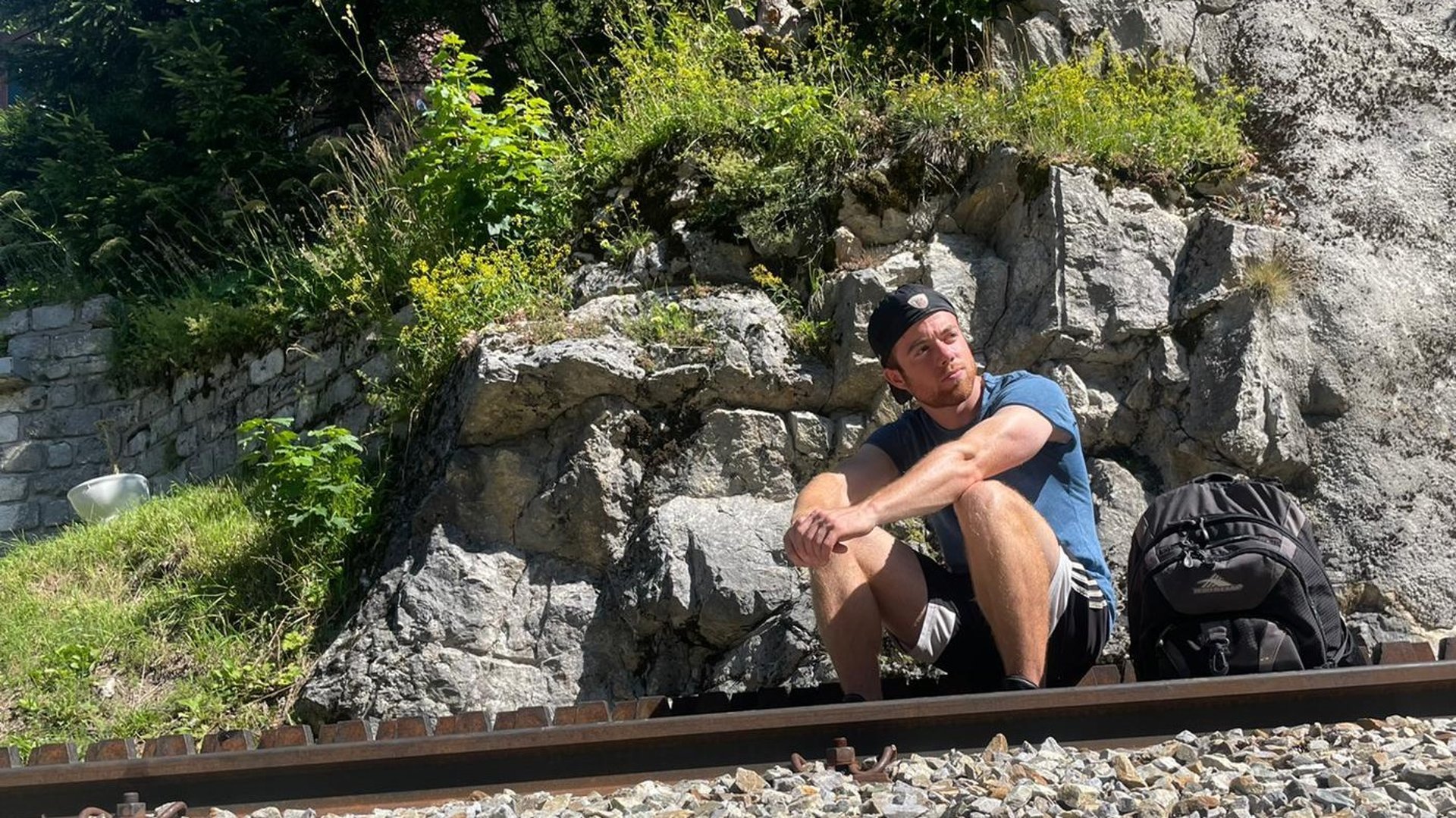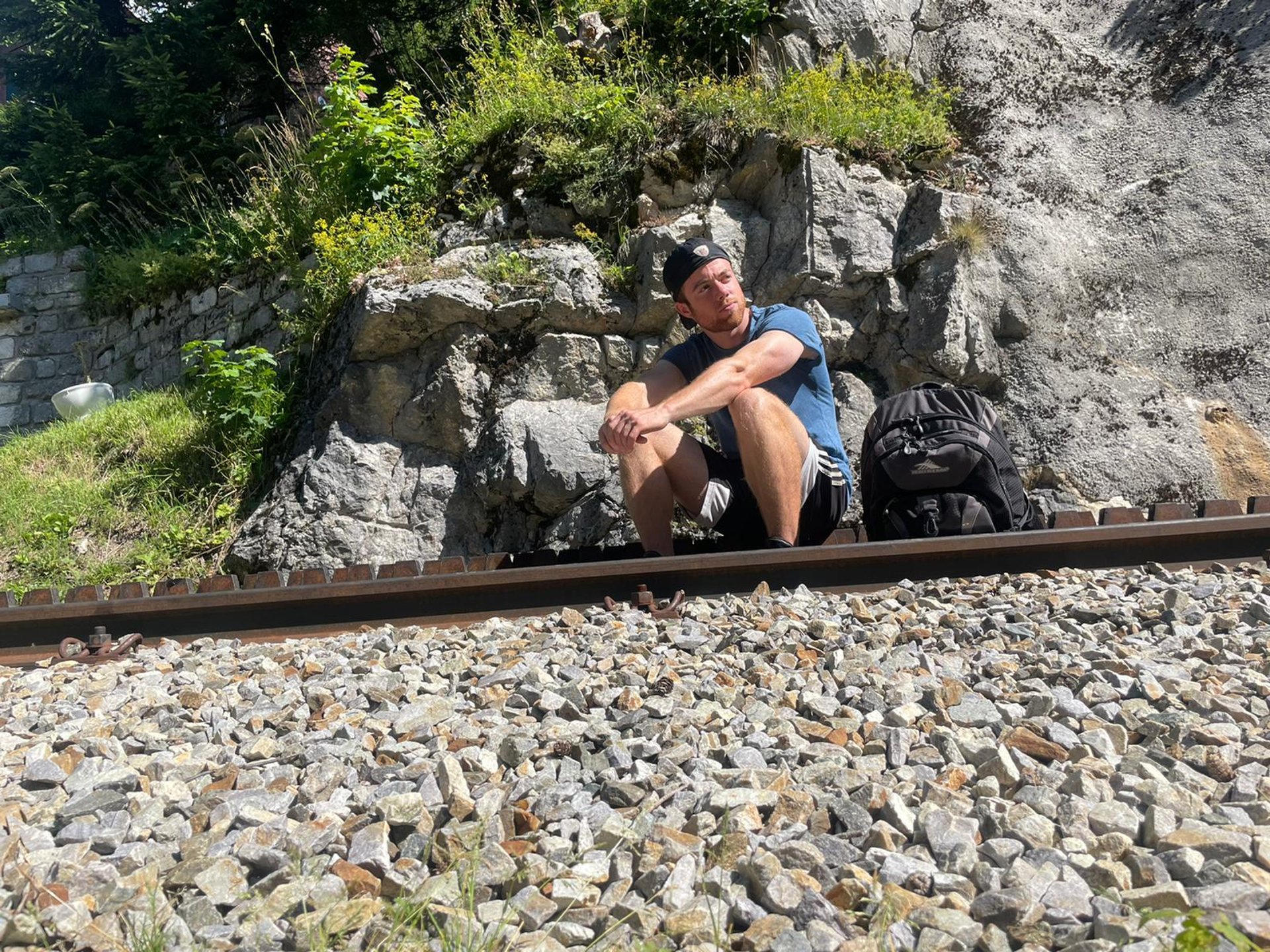
In the Face of Cruelty
How shall I reconcile this?
CONTEMPLATION
I have recently been reading first-person accounts of those who survived Hitler’s concentration camps. Specifically, I’ve been reading the words of those who were deported to Auschwitz, the most infamous camp of them all.
Roughly 1.1 million people were murdered at this death camp located in southern Poland. Auschwitz was more than a simple killing machine, though. It was a place of unimaginable horror. The suffering described by those who endured it is beyond comprehension.
The reason I was reading these reports is that I am writing a short story – one based on a true account of faith and selflessness, set against the backdrop of the smoking chimneys of Auschwitz’s crematoriums. I wanted my writing to honor the victims of that time and highlight the cruelty of such places. I wanted my words to accurately reflect the darkness of that era properly. So, I read the accounts of the survivors and allowed their words to shape my tale.
But I reached a point where I had to draw a line.
My story is dark and gritty. It explores the most despicable side of humanity, as it observes how evil flourishes in hearts designed to serve God.
But I had to draw a line. Many of the survivors' accounts would not work for my tale. They were simply too vile. Many of the acts committed in Auschwitz and other camps like it were so horrid, so senselessly cruel, that to use them in a short story seemed inappropriate somehow. Perhaps recounting the true horror of the camps to its fullest scale would even suffocate the story itself.
However, this does not mean that we should not read these accounts. In fact, quite the opposite, they must be read – but in their original format, in the words of those who endured and those who perished, leaving behind only their testimonies.
As I was writing this short story and poring over these accounts of people who suffered so atrociously, one nagging thought kept running through my mind:
How shall I reconcile this?
My belly is full, I have a roof over my head, I have friends and family who love me, I have the freedom to say what I think and the ability to use my time as I wish …
The chasm between the lives of Auschwitz inmates and my own is so great that no bridge can be built to unite us.
And I truly do not know how to reconcile this.
Should I feel guilty that I could not share in their suffering?
Can such sorrow even be shared? Would I have made a difference in their lives if I had been present?
Should I be thankful that such misfortune has not befallen me?
And what if it had? Would I then have the right to be any less grateful?
Should I envy those who had all luxury, vanity, and pride stripped from them and yet still learned to persevere?
Is that thought even allowed to be uttered?
Should I simplify my life to that of a spartan existence to honor those who had less?
Would that lifestyle not still provide well beyond my needs?
Or should I perhaps live lavishly and decadently, sparing no cost for comfort?
Is that not an opportunity that has been offered to only few throughout history and therefore must be seized?
I know, these are a lot of questions, and I don’t know their answers. Perhaps the biggest question, the overarching one that encompasses all of those I have mentioned, is this:
How is history supposed to define me?
How should the past impact my life right now?
Perhaps, for now at least, the answer with which I must be satisfied is this:
I cannot live in another time, and I cannot live another’s life. I am only to accept this breath I have been given and live this day to the fullest. And with this hand with which I have been dealt, I am to persevere until the end. I am to grow beyond my borders and search with the curiosity of a child, being grateful for both the blessings and the hardships in my own life.
What do you think?

